________________________________________________________________________________
Ford 1220 Troubleshooting
Ford 1220 Engine Troubleshooting
Engine starts up hard or will not start: Fuel filter element is clogged. Clean or replace the filter. Air in the fuel pipes. Bleed the fuel pipes. Clogged injection nozzle. Service or change injection nozzles. Fuel injection pump is defective. Rebuild or install a new injection pump.
Engine stalls during operation: Improper setting of fuel injection pump timing. Set up as recommended. Fuel filter element clogging. Clean or change the filter. Engine is cold. Normalize the temperature by warming up the engine.
Diesel starts but immediately shuts off: Fuel filter element clogging. Replace filter element. Fuel injection pump is faulty. Rebuild or replace pump. Dirty air filter. Install new air filter element.
Engine overheating: Defective radiator cap or clogged radiator fins. Clean radiator or install new cap. Lack of engine coolant. Add coolant and check the components of cooling system. Fan belt is worn or faulty. Belt replacement is recommended. Engine oil insufficient. Fill the crankcase with engine oil.
Engine power is insufficient: Fuel injection nozzles are faulty or clogged. Install a new kit of correctly balanced nozzles. Dirty fuel hoses or lines. Service fuel hoses and lines. Dirty air cleaner. Carry out maintenance on air filter. Cylinder-head gasket is broken. Replace the gasket as required.
Engine knocking or noise: Engine is cold. Warm up the engine. Engine oil level is insufficient. Check oil level and add oil as required. Improper setting of fuel injection pump timing. Set up as recommended. Piston wear or scoring. Have pistons replaced. Connecting rod is defective or misaligned. Connecting rod must be aligned or replaced.
Engine stops at low idle speed: Too low idle RPM. Correct low idle settings. Excessive valve clearance. Adjust valve clearance according to specifications. Fuel injection pump is not working correctly. Install a new fuel pump or repair.
Oil pressure too low: Insufficient engine oil. Fill up the engine oil. Oil pump is damaged. Inspect and change as required. Oil filter clogged. Change or service engine oil filter.
Ford 1220 Transmission Troubleshooting
Transmission noises: Defective gears or improper backlash. Install new gears and set backlash correctly. Damaged or worn gear shift forks. Install new shift forks. Worn or stuck shaft splines. Replace defective shaft. Insufficient transmission oil. Fill up the transmission oil. Worn or cracked bearings. Change the bearings. Transmission oil is dirty. Change the oil.
Gear shift is hard: Stuck or worn gear shift linkage. Change or lubricate shift linkage. Worn or improperly adjusted clutch. Clutch adjustment or replacement required. Damaged or worn gear shift forks. Change the shift forks. Gearshift mechanism malfunction. Identify and replace failed parts.
Lack of transmission oil pressure: Transmission oil insufficient. Check and refill the transmission oil. Clogged transmission fluid filter (if equipped). Clean or change transmission fluid filter. Stuck relief valve. Change relief valve.
External oil leaks: Broken seals or gaskets. Gaskets or seal need to be replaced. Transmission fluid level is high. Correct the fluid level.
Hydrostatic Transmission Troubleshooting
HST transmission makes excessive noise: Bent or unadjusted speed control pedal linkage. Adjust or change linkage. Transmission overloaded. Reduce transmission load. Low transmission oil level or contaminated oil. Add oil to the correct level or fill the transmission with fresh oil. Relief valve malfunction. Replace valve as required. Transmission parts are worm or defective. Replace or repair defective components.
Transmission oil over heats: Excessive transmission load. Reduce the load is required. Cooling components are damaged or clogged. Check all cooling components and clean or replace if required. Transmission fluid insufficient. Check and refill the transmission fluid. Dirty transmission fluid filter. Clean or change transmission fluid filter.
Power is insufficient: Low fluid level. Fill the transmission housing to proper fluid level. Defective relief valve. Change the valve. Defective or not adjusted speed control pedal linkage. Replace or adjust linkage.
Transmission oil leaks: Clogged oil drain line. Clean or replace drain line. Worn seals or gaskets. Gaskets or seal replacement required. High internal transmission housing pressure. Change defective parts.
Ford 1220 Hydraulic System Troubleshooting
Excessive hydraulic system heat: Hydraulic fluid type is improper. The proper type of fluid must be used. Hydraulic fluid is dirty. Hydraulic fluid change required. Air trapped in hydraulic system. Bleed air from system. Damaged main relief valve. Relief valve replacement required.
Low hydraulic fluid pressure: Hydraulic fluid level low. Add fluid as required. Hydraulic oil filter is clogged. Clean or change hydraulic filter. Leaking hydraulic lines. Check the hydraulic system and fix leaks. Hydraulic control valve is out of adjustment. Need to make adjustment. Damaged hydraulic pump. Install a new hydraulic fluid pump. Hydraulic cylinder is faulty. Repair or install a new hydraulic cylinder.
3-point hitch fails to lift or lifts slowly: Hydraulic pump is faulty. Repair or replace hydraulic oil pump. Main relief valve failure. Install a new relief valve. Faulty hydraulic control valve. Install a new hydraulic valve or repair it. Hydraulic cylinder is broken. Repair or install a new hydraulic cylinder. Hydraulic oil level low. Need to add oil. Clogged hydraulic oil filter element. Hydraulic filter maintenance required. Hitch is under excessive load. Reduce loading.
3-point hitch won't lower or lowers slowly: Hydraulic cylinder malfunction. Replace or repair hydraulic cylinder. Incorrect adjusted hydraulic spool valve. Adjust the spool valve correctly. Hitch rock shaft is damaged. Replace the shaft. Misadjusted hitch. Adjust the 3-point hitch.
Hitch lifting or lowering is jerky: Dirty hydraulic oil. The oil must be changed. Hydraulic pump not working. Install a new hydraulic fluid pump. Air trapped in hydraulic system. Bleed air from system. Defective hydraulic control valve. Repair or replace hydraulic valve. Broken hydraulic cylinder. Repair or install a new hydraulic cylinder.
Ford 1220 Steering Troubleshooting
Excessive play in steering: Worn steering column shaft or coupling. Replace faulty component. Steering pump stopped working. Check the hydraulic steering pump and change if necessary. Steering linkage joints are worn or loose. Change or repair steering linkage. Power steering control unit has damage or wear. Repair or change the steering unit.
Difficult steering: Air trapped inside steering system. Bleed air from system. Dirty steering filter element. Replace steering filter element. Steering fluid level is insufficient. Add oil to steering system. Power steering control unit is worn or defective. Inspect and replace as required. Steering pump is faulty. Install a new steering pump. Pump flow control valve is damaged or stuck. Replace or clean flow control valve. Incorrectly fitted or worn steering column. Refit or replace the steering column. Front tyres are worn unevenly. Install new tyres. Not adjusted toe-in. Check and adjust toe-in. Steering cylinder leaks. Change worn piston rod or damaged cylinder seals.
Front wheels wander to right or left: Power steering control unit has malfunction or wear. Check and replace as required. Defective steering cylinder. Repair or replace hydraulic steering cylinder. Improper toe-in. Adjust toe-in wheels. Worn or loose steering linkage joints. Change or repair steering linkage. Front wheel bearings are defective or improperly adjusted. Install new bearings or adjust it correctly. Uneven wear on front tyres. Replace the tyres.
Ford 1220 Electrical System Troubleshooting
Battery is not charging: Wiring connections are loose or corroded. Service or tighten cable connections. Battery terminal clamps are faulty. Replace terminal clamps. Battery bad cell. Battery replacement required. Belt is worn or loose. Adjust belt tension or change the belt.
Starter cranks slow: Battery capacity is low. Battery is drained, charge it. Battery runs out quickly. Service battery or change it. Corroded battery terminals or disconnected wires. Check cables and service or change terminals.
Starter does not work: Battery is discharged or defective. Charge or replace the battery. Wire harness is disconnected or incorrectly connected. Check wire harness and connect as required. Battery capacity is low. Battery is drained, recharge it. Starter motor is defective. Change or repair starter.
________________________________________________________________________________
________________________________________________________________________________
________________________________________________________________________________________
________________________________________________________________________________________
________________________________________________________________________________________
| FORD TRACTORS SPECIFICATIONS |
________________________________________________________________________________________
________________________________________________________________________________________
________________________________________________________________________________________
________________________________________________________________________________________
________________________________________________________________________________________
________________________________________________________________________________________
________________________________________________________________________________________
________________________________________________________________________________________
| FORD FRONT END LOADERS SPECIFICATIONS |
________________________________________________________________________________________
________________________________________________________________________________________
________________________________________________________________________________________
________________________________________________________________________________________
| FORD TRACTORS TROUBLESHOOTING | ||||
| 1710 | 1900 | 2120 | 2600 | 3600 |
| 3930 | 4100 | 4630 | 5600 | 5640 |
| 6410 | 6610 | 6640 | 6710 | 6810 |
| 7610 | 7740 | 7810 | 8210 | 8240 |
| 8630 | 8830 | 8770 | TW30 | TW35 |
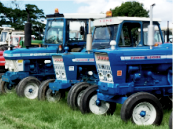 FARM TRACTORS
FARM TRACTORS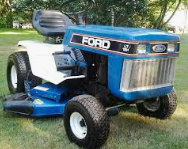 LAWN TRACTORS
LAWN TRACTORS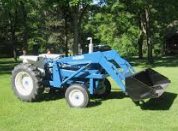 LOADERS
LOADERS PROBLEMS
PROBLEMS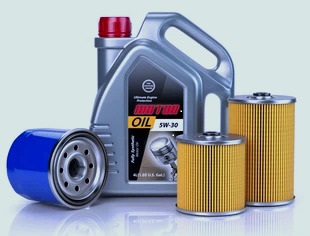 MAINTENANCE
MAINTENANCE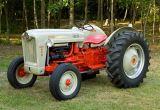 640
640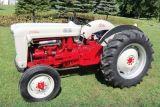 850
850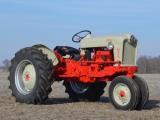 950
950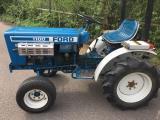 1100
1100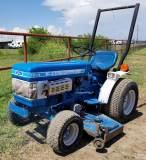 1210
1210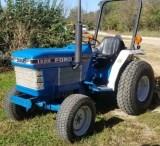 1320
1320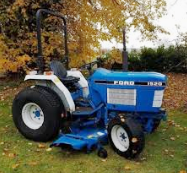 1520
1520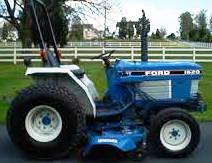 1620
1620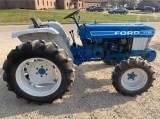 1710
1710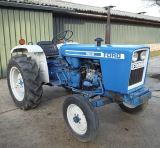 1900
1900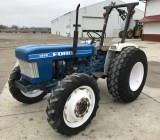 1910
1910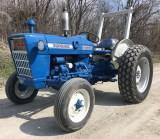 2000
2000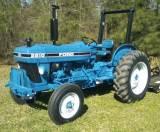 2810
2810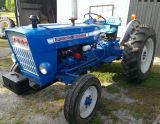 3000
3000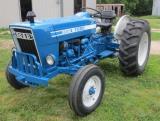 3600
3600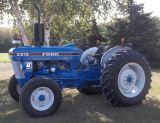 3910
3910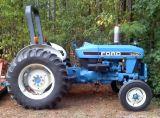 3930
3930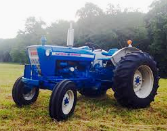 4000
4000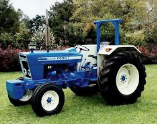 4600
4600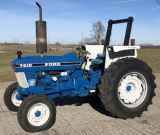 4610
4610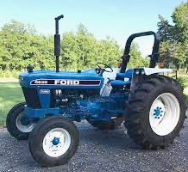 4630
4630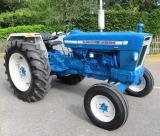 5000
5000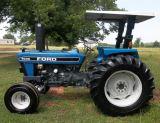 5030
5030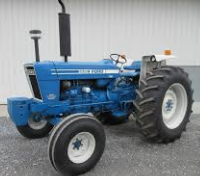 5600
5600 5610
5610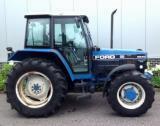 5640
5640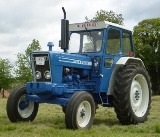 6600
6600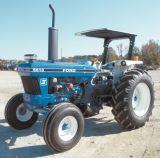 6610
6610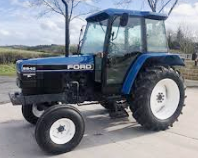 6640
6640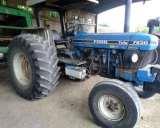 7630
7630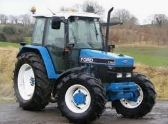 7740
7740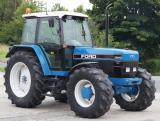 7840
7840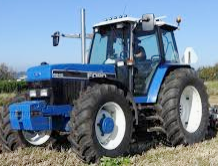 8240
8240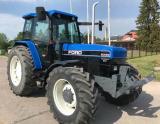 8340
8340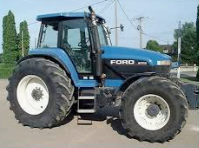 8770
8770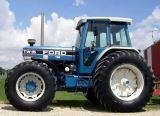 TW-15
TW-15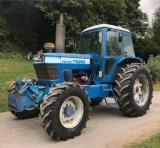 TW-20
TW-20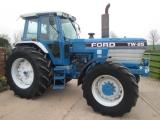 TW-25
TW-25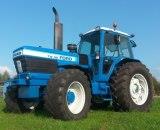 TW-30
TW-30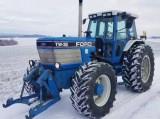 TW-35
TW-35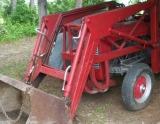 19-97 (703)
19-97 (703)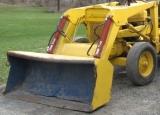 730
730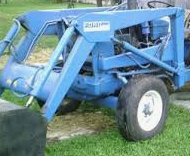 735
735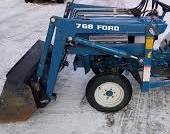 768
768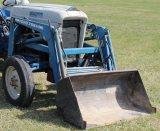 768A
768A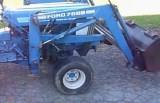 768B
768B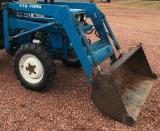 770
770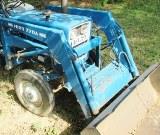 770A
770A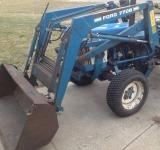 770B
770B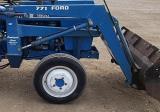 771
771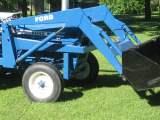 772
772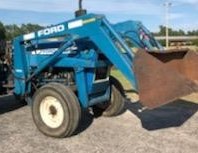 772A
772A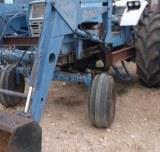 773
773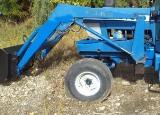 774
774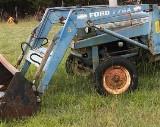 776A
776A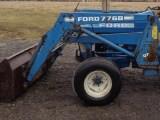 776B
776B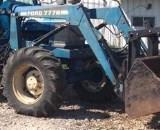 777B
777B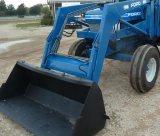 777D
777D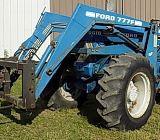 777F
777F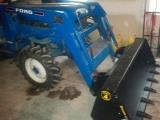 7308
7308